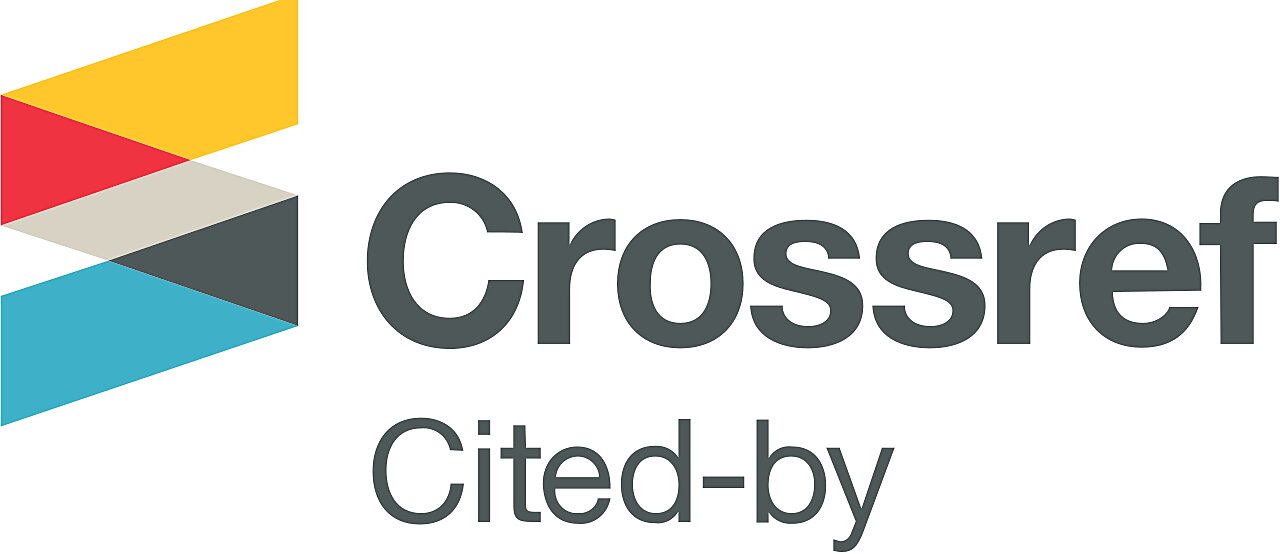
Potential soil loss by water erosion in the coffee zone of risaralda department. Pérdidas potenciales de suelo por erosión hídrica en la región cafetera del departamento de Risaralda.
Keywords

This work is licensed under a Creative Commons Attribution-NonCommercial-NoDerivatives 4.0 International License.
Summary
Soil erosion is the main cause of land degradation and generates a loss of 75 billion tons of fertile soil each year. Among the types of erosion, water erosion affects humid tropical regions the most due to its natural process caused by rainfall erosivity that creates physical, chemical and biological soil degradation. This type of erosion occurs in the coffee growing region of Colombia. That is why the National Federation of Colombian Coffee Growers conducted a study in the Department of Risaralda, central region of Colombia, to determine potential soil loss in this region due to water erosion. Soil samples from the Chinchiná, Catarina, Doscientos, Balboa and Malabar cartographic units were taken and subjected to simulated rain of 80 MJ mm h -1 in a slope of 45º in a laboratory; the detached soil due to runoff and splash was measured. Moreover, three theoretical simulations of soil loss under erosivities of 6,400 to 12,000 MJ mm ha -1 were carried out. The average values of soil loss under simulated rainfall was between 4.10 and 10.09 kg.ha -1 while theoretical simulations for the three erosive scenarios showed that theoretical soil losses may be between 1.8 and 6.3 mm year -1. The results show that the coffee region of Risaralda is exposed to potential soil loss that ranges from low to severe and that varies according to the soil type and rainfall intensity.
Author biography (See)
Most read articles by the same author(s)
- Luz Adriana Lince-Salazar, Andrés Felipe Castro, Wadi Andrey Castaño, Stability of soil aggregates in the Colombian Coffee Zone , Cenicafe Journal: Vol. 71 No. 2 (2020): Cenicafe Journal
- Luz Adriana Lince-Salazar, Water holding capacity of soils cultivated with coffee and other edaphic properties , Cenicafe Journal: Vol. 72 No. 1 (2021): Cenicafe Journal
- Siavosh Sadeghian, Luz Adriana Lince-Salazar, Diagnóstico de la acidez del suelo en la zona cafetera de Colombia , Cenicafe Journal: Vol. 75 No. 2 (2024): Cenicafé Journal







